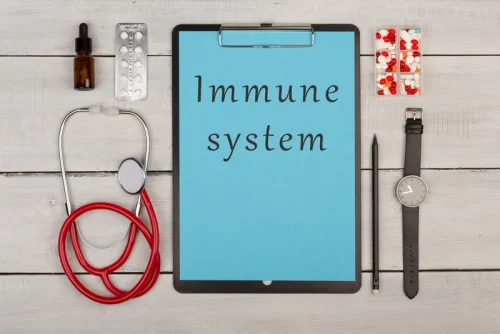
They could be family, friends, significant others or mentors. Positive support persons are those who recognize your goals and stand by you as you work to accomplish them. They’re the people you feel safe being vulnerable with, and you trust to hold you accountable. For others, it’s their careers that have taken a hit due to the effects of their drinking.
Need more alcohol support?
- Stopping drinking can help improve both the length and the quality of your sleep, which is crucial to good mental and physical health.
- If you drink to ease the pain of loneliness, then make a conscious effort to connect with others.
- Feel healthier, lose weight and save money by picking your days to go drink-free.
- Before you quit drinking, it is essential to discuss your plans with a healthcare practitioner.
- To avoid a relapse at this stage, your mental health is vital.
And for others it’s a combination of factors that motivates their move to sobriety. Professional treatment for an alcohol use disorder can involve outpatient therapy, residential treatment, or inpatient hospitalization. The level of care you need often depends on the severity of your https://ecosoberhouse.com/ condition. Quitting early not only improves your chances of success—it can also reduce the need for higher levels of care. According to the CDC, heavy drinking is defined as 15 or more drinks per week for men and 8 drinks or more per week for women (2). When you quit drinking you can refocus your attention on repairing these relationships without the barrier of alcohol.

Improved immune function

There are many different options and resources that can help you learn how to quit drinking. Just remember that there is no single approach that works for everyone. Creating a plan is an essential part of knowing how to quit drinking. The National Institute on Alcohol Abuse and Alcoholism suggests that having a plan can help solidify your goals and give you a roadmap for how to achieve them.
- If that sounds too overwhelming, think of someone you trust who isn’t judgmental and who you can confide in.
- But maybe you’re unsure about quitting completely and don’t want to hold yourself to that goal.
- Studies show that people who monitor their progress are more likely to succeed in changing their habits.
FAQ: Quitting Alcohol
Some of the most common reasons for wanting to drink less alcohol are improving physical and mental health, like sleeping better, feeling less anxiety, or losing weight. Goals aren’t set in stone, and it’s important to change them regularly. As you progress, you might notice that some goals just don’t work. For example, if your initial goal was to stop drinking on weekends but socializing makes it too challenging, it might be time to adjust. Maybe you can focus on moderating instead of going for zero drinks instead.
- People often need to address past trauma or familial issues during this time.
- As a practicing physician, Josh helps manage the NYC Health + Hospitals/Bellevue addiction medicine clinic in adult primary care.
- As you begin to notice those health benefits, you’ll likely feel more energized and inspired to keep up your progress.
- One simple way to cut down is to have at least a few drink-free days every week, so choose yours and get practical support to stick with it.
Plan positive rewards ahead of time
We’re more motivated by intrinsic desires like feeling confident, in control, or connected to others — rather than superficial rewards. Psychological research has long studied how pressure, including its symptoms — like perfectionism and self-criticism — can lead to mental tips to quit drinking health disorders. Anxiety and depression increase, and developing a healthy relationship with the subject, like alcohol or food, can worsen.

Talk with a healthcare professional if you’re concerned you may experience detox symptoms when quitting drinking or cutting back. Being dependent on alcohol means you feel you’re not able to function without it and means stopping drinking can causes physical withdrawal symptoms like shaking, sweating or nausea. If you have these symptoms when you don’t drink, it could be dangerous to stop drinking too quickly without proper support. Get medical advice before you stop drinking if you have physical withdrawal symptoms (like shaking, sweating or feeling anxious until you have your first drink of the day).



Be the first to post a comment.